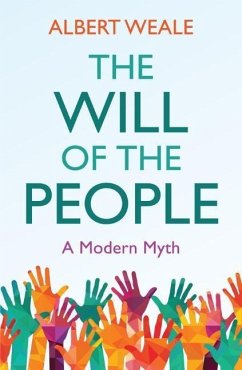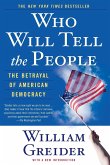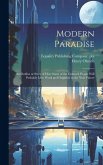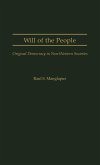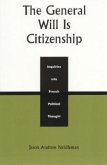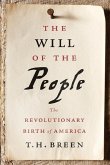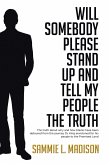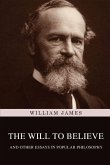Democracies today are in the grip of a myth: the myth of the will of the people. Populist movements use the idea to challenge elected representatives. Politicians, content to invoke the will of the people, fail in their duty to make responsible and accountable decisions. And public contest over political choices is stifled by fears that opposing the will of the people will be perceived as elitist. In this book Albert Weale dissects the idea of the will of the people, showing that it relies on a mythical view of participatory democracy. As soon as a choice between more than two simple alternatives is involved, there is often no clear answer to the question of what a majority favours. Moreover, because governments have to interpret the results of referendums, the will of the people becomes a means for strengthening executive control - the exact opposite of what appealing to the people's will seemed to imply. Weale argues that it's time to dispense with the myth of the will of the people. A flourishing democracy requires an open society in which choices can be challenged, parliaments strengthened and populist leaders called to account.
Hinweis: Dieser Artikel kann nur an eine deutsche Lieferadresse ausgeliefert werden.
Hinweis: Dieser Artikel kann nur an eine deutsche Lieferadresse ausgeliefert werden.

